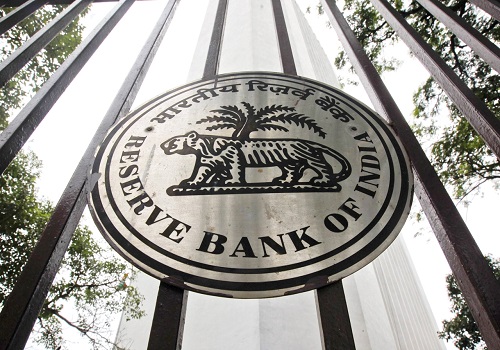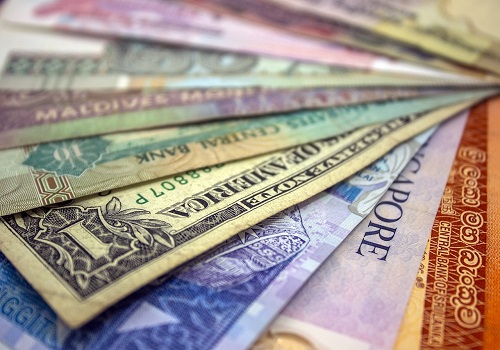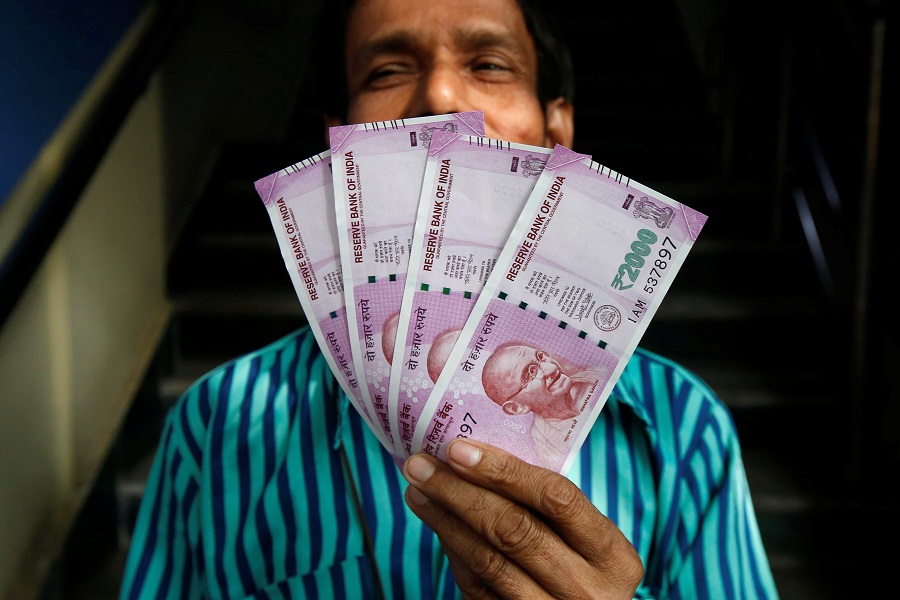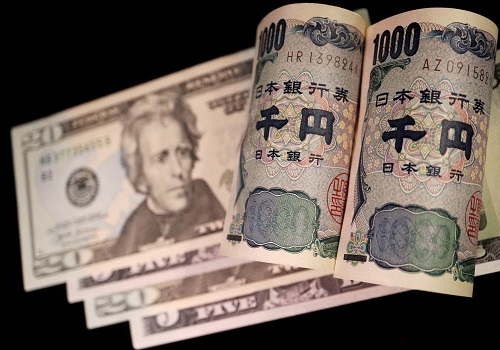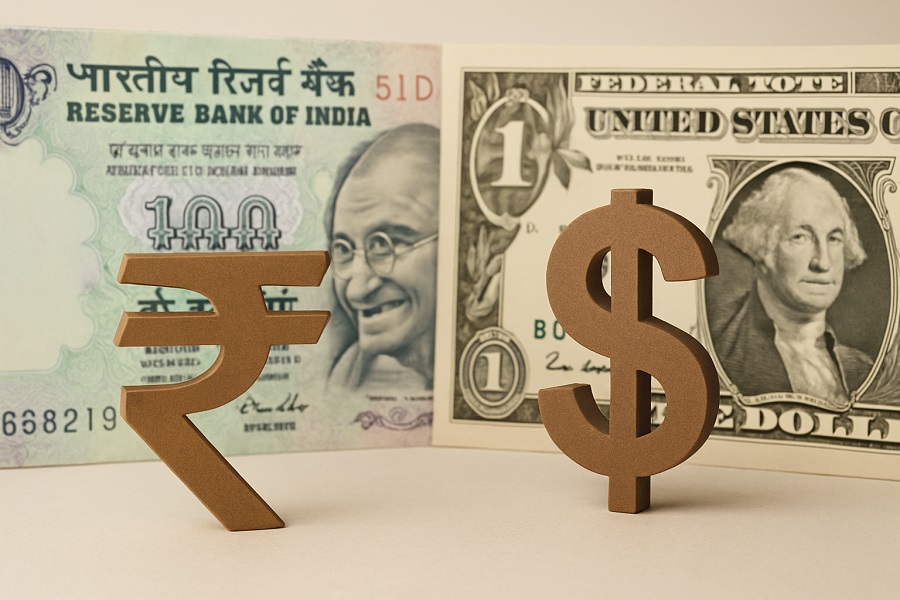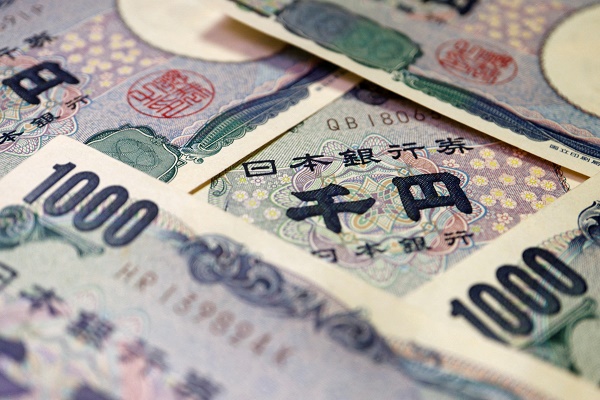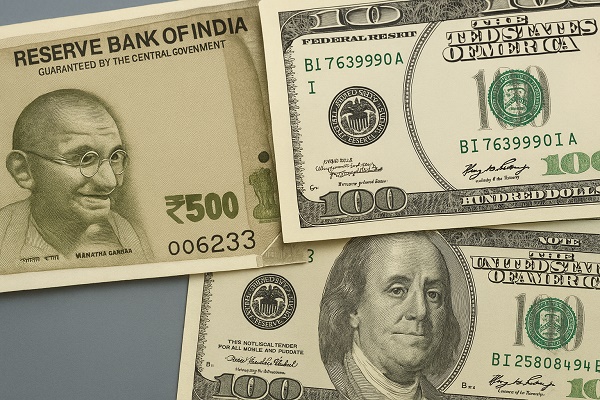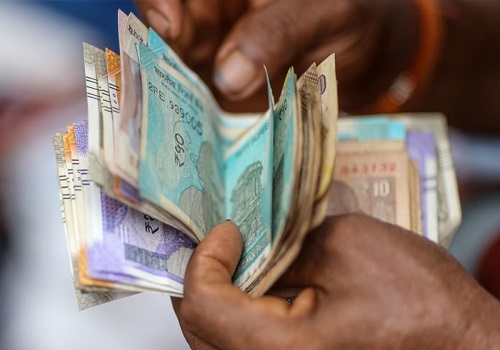Dollar sags after benign US inflation data; kiwi slides on rate cut

The dollar remained on the back foot on Wednesday after tumbling versus major peers overnight as a benign reading for U.S. producer prices reinforced bets on Federal Reserve interest rate cuts this year.
New Zealand's dollar dropped sharply from a four-week high after the Reserve Bank of New Zealand reduced the key cash rate, surprising some market participants.
Other risk-sensitive currencies remained firm after the unexpected softening in U.S. inflation buoyed equities, even with crucial U.S. consumer price index figures still looming later on Wednesday.
The Australian dollar reached a more than three-week peak, while sterling traded near a more than two-week high following its best one-day performance against the dollar since late April.
The dollar index - which measures the currency against six major rivals, including sterling, the euro and the yen - was steady at 102.61, after slumping 0.49% overnight.
Traders were already certain that the Federal Open Market Committee (FOMC) would lower rates at its September meeting before the producer price data, but ramped up bets for a super-sized 50 basis point cut to 53.5% from 50% a day earlier, according to CME's FedWatch Tool.
Commonwealth Bank of Australia analysts expect the dollar to be in a holding pattern before the release of U.S. CPI data, but then see risks tilted toward further weakness.
"We expect the market to double down on large interest rate cuts by the FOMC this year if the core CPI increases by 0.1%/mth or less, (whereas) we expect the market to largely play down the core CPI if it increases by 0.2%/mth or 0.3%/mth," Carol Kong, a currency strategist at CBA, wrote in a client note.
KIWI DROPS AFTER RATE CUT
The kiwi fell as much as 0.86% after the RBNZ cut the cash rate by a quarter point, when only about half of economists and a little more than two-thirds of traders had bet on such a move. That reversed earlier gains that took it to the highest since July 18 at $0.6084. It was last trading 0.6% weaker at $0.6040.
"The RBNZ has completed a 180-degree dovish backflip, cutting interest rates to bring much-needed relief for households and businesses just three months after it raised the possibility of additional rate hikes," said Tony Sycamore, a market analyst at IG.
The Aussie edged down 0.06% to $0.6630 after earlier rising to $0.66395 for the first time since July 23.
Sterling was steady at $1.2862 following a 0.76% rally on Tuesday when it got an additional boost from data showing a surprise drop in the UK's jobless rate.
The euro was flat at $1.0992 after rising to $1.099975 on Tuesday for the first time since Aug. 5.
The dollar added 0.24% to 146.52 yen as it continued to consolidate around the 147 level this week.
The Japanese currency showed little initial reaction to a local media report that Prime Minister Fumio Kishida would not run in his party's leadership race in September.














